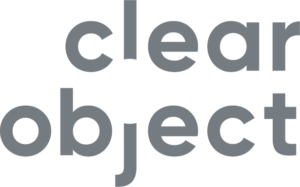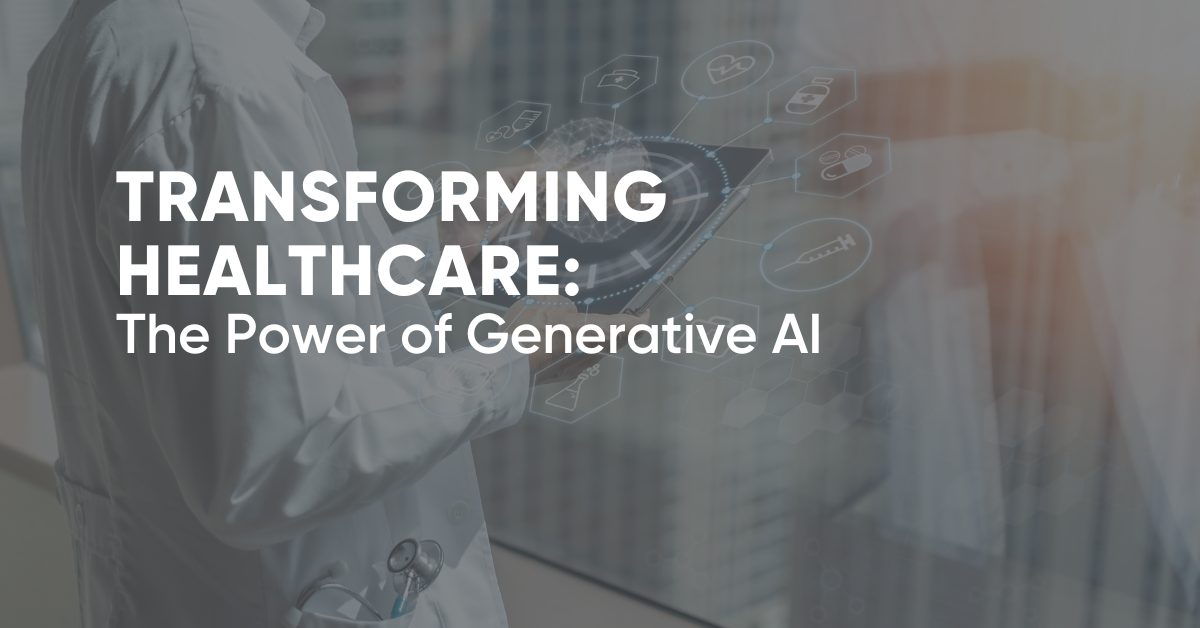HIGHLIGHTS:
- AI has tremendous potential to transform the entire healthcare ecosystem
- AI is being used to for earlier, more accurate diagnoses and personalized medical care
- The ability to instantly access vast repositories of data and make recommendations can improve patient outcomes
- AI tools can even make navigating the healthcare system easier for consumers
The healthcare industry is witnessing a technological revolution with the integration of generative artificial intelligence (AI). This cutting-edge technology has the potential to revolutionize patient care, research, and operational efficiency. Generative AI tools, capable of creating and innovating, offer a wide array of benefits for both online and offline use cases in healthcare, leading to improved diagnoses, personalized treatments, and streamlined operations.
-
- Medical Imaging Analysis: Generative AI algorithms excel in medical image analysis, aiding in accurate and timely diagnoses. These algorithms can analyze complex medical images such as X-rays, MRIs, and CT scans, detecting anomalies and assisting healthcare professionals in detecting diseases at an early stage. For instance, Aidoc uses generative AI to analyze medical images and flag abnormalities, enabling radiologists to prioritize urgent cases and improve patient outcomes.
- Virtual Consultations: Generative AI-powered virtual consultation platforms offer patients the convenience of receiving medical advice remotely. These platforms use natural language processing and machine learning to understand patient symptoms and provide appropriate recommendations. Babylon Health, for example, utilizes generative AI to offer virtual consultations, providing immediate access to healthcare professionals and reducing the burden on physical healthcare facilities.
- Personalized Medicine: Generative AI tools analyze large-scale patient data, including genetic information, medical records, and lifestyle factors, to develop personalized treatment plans. By considering individual variations, generative AI algorithms can help healthcare providers deliver precise and targeted interventions. Companies like Deep Genomics employ generative AI to analyze genetic data and identify potential treatments for genetic diseases, bringing personalized medicine to the forefront.
- Drug Discovery and Development: Generative AI accelerates the drug discovery and development process by analyzing vast amounts of scientific literature, clinical trial data, and molecular structures. By identifying potential drug candidates and predicting their effectiveness, generative AI expedites the research process and reduces the time and cost required to bring new drugs to market. Atomwise, a company that uses generative AI, has identified promising drug candidates for diseases such as Ebola and multiple sclerosis.
- Predictive Analytics: Generative AI algorithms can analyze patient data to predict disease progression, identify high-risk individuals, and recommend preventive measures. By leveraging machine learning techniques, healthcare providers can proactively intervene and improve patient outcomes. For instance, Excel Medical’s generative AI platform analyzes patient data in real-time, alerting healthcare professionals to potential deteriorations, allowing for early interventions.
- Workflow Optimization: Generative AI tools streamline healthcare operations by optimizing resource allocation, scheduling, and workflow management. By analyzing historical data and current demand, these tools can improve efficiency, reduce waiting times, and enhance patient experiences. For example, the University of California, San Francisco (UCSF), uses generative AI to optimize surgical schedules, reducing delays and ensuring optimal utilization of operating rooms.
More Examples
Zebra Medical Vision: Zebra Medical Vision employs generative AI algorithms to analyze medical images and detect a wide range of diseases and conditions, including breast cancer, liver diseases, and cardiovascular issues. By utilizing this technology, Zebra Medical Vision aims to provide early detection and improve patient outcomes through accurate and timely diagnoses.
PathAI: PathAI utilizes generative AI to assist pathologists in analyzing tissue samples for cancer diagnosis. By analyzing digital pathology images, PathAI’s algorithms can identify and classify cancerous cells with high accuracy, aiding pathologists in making more informed decisions and improving diagnostic precision.
Generative AI is revolutionizing the healthcare industry by empowering healthcare professionals with advanced tools for accurate diagnoses, personalized treatments, and streamlined operations. From medical image analysis and virtual consultations to drug discovery and workflow optimization, the applications of generative AI in healthcare are vast and promising.
As this technology continues to evolve, its potential to transform patient care and drive medical advancements is immense, paving the way for a healthier future.

